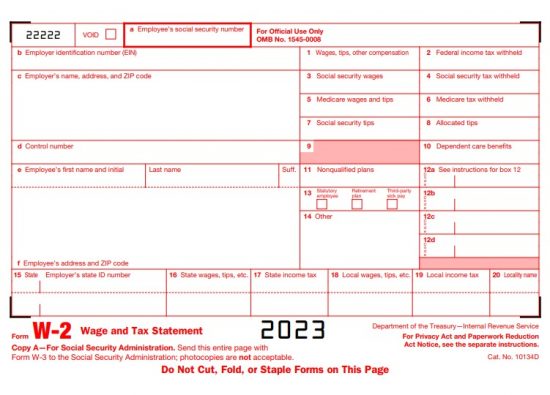Financial Requirements for a Japanese Spouse Visa: How Much Income Is Needed?
Financial Requirements for a Japanese Spouse Visa: How Much Income Is Needed?

Overview: Financial Stability in Spouse Visa Applications
When applying for a “Spouse or Child of Japanese National” visa (日本人の配偶者等), Spouse of PR status citizen VISA, the Immigration Services Agency of Japan requires applicants to demonstrate the ability to financially sustain their life in Japan. This means proving the capacity to cover basic living expenses such as rent, food, utilities, communications, and social activities.
What Level of Income Is Required?
There is no fixed legal minimum income threshold for a spouse visa. However, applicants must have an income that enables the household to maintain a basic standard of living in Japan. The cost of living may vary depending on several factors, including location (urban vs rural), whether the couple owns property, and the presence of dependent children.
As a general benchmark, the entry-level salary of a university graduate in Japan—which ranges from approximately ¥3,000,000 to ¥4,000,000 per year—serves as a basic guide. Couples whose combined income reaches this level are generally considered to meet the minimum financial standard. However, this is just a guideline, not a formal requirement.

Those who are also considering permanent residency from Spouse VISA should note that the income criteria for permanent residency are often more stringent than for a spouse visa. Being granted a spouse visa does not guarantee approval for permanent residency.
How to Prove Your Income
The primary document used to verify income in Japan is the official Resident Tax Certificate (住民税の課税証明書) and Tax Payment Certificate (納税証明書) issued by the local municipal office. These certificates reflect the previous year’s income and tax status.
If both spouses currently reside outside Japan, alternatives such as foreign tax returns or Form W-2 (for U.S. applicants) may be submitted. However, the acceptance of such documents is at the discretion of the immigration officer, and outcomes can be case-dependent.
For applicants who are legally obligated to file a Japanese tax return, it is essential that they have done so. Failure to comply with Japanese tax laws or suspicion of tax evasion can result in denial of your visa or renewal.
When public tax certificates do not reflect your current income—such as if your financial situation has recently changed—you may supplement your application with documents like employment contracts, recent pay slips, employer-issued income certificates, or a current bank balance certificate.

Alternative documents (depends on the officer)
- Employment contract copy with Japanese employer
- Gensen Chosyu Hyo, Japanese form W-2 with bank account statement
- Copy of KAKUTEI SHINKOKUSHO (Japanese tax return)
If Both Spouses Are Unemployed or Retired
If neither spouse has an income, the immigration office may request a financial sponsor, such as a parent or relatives. The sponsor’s income level and ability to support the couple will be evaluated. If relying on personal savings, applicants must clearly demonstrate that their financial assets are sufficient to support their livelihood for at least one year.
Foreign nationals receiving pension benefits from their home country may face additional scrutiny. Immigration may request detailed explanations and documentation, and applicants must also ensure that they have complied with Japanese tax filing requirements, if applicable.
Given the complexity and case-by-case nature of these evaluations, especially for retirees or dual nationals, we strongly recommend consulting with a qualified gyoseishoshi immigration lawyer or tax specialist.
Contact Us for a Free Consultation
About the Author
 Masakazu Murai
Masakazu Murai
CFP®, Chartered Member of the Securities Analysts Association of Japan, Certified Immigration Lawyer (Gyoseishoshi, Co-head of Tokyo Gyoseishoshi Association, Mitnato Branch)
Born in 1977, Masakazu Murai spent 18 years in investment banking at Mitsubishi UFJ Morgan Stanley, a joint venture between MUFG and Morgan Stanley, where he advised corporations on capital raising and M&A strategies. As a union executive, he led initiatives promoting workplace diversity and better labor conditions.
He specializes in immigration and residency consultation for foreign nationals in Japan, including spouse visas and financial documentation for visa support.
His hobbies include attending idol concerts, movie nights with Hoppy, walking, and playing with his cats.

